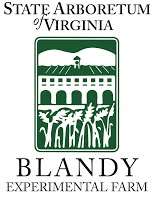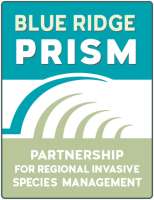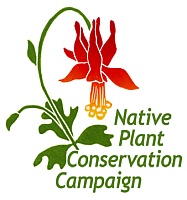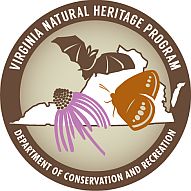 | Blandy Experimental Farm promotes understanding through education and research on plants, plant biology, ecology, evolution, the environmental sciences, and the manner in which all of these are used and affected by humans. The three principal programs designed to achieve this mission include: university research and education; outreach and environmental education; and the Orland E. White Arboretum (also known as the State Arboretum of Virginia). The State Arboretum of Virginia is a regional center for environmental education, providing life-long learning for all ages. |
 | The Blue Ridge PRISM (Partnership for Regional Invasive Species Management) is a volunteer-driven organization dedicated to reducing the negative impact of nonnative invasive plants on the health of the natural and agricultural environment in the Blue Ridge Mountains of Virginia. Steps can be taken to eradicate invasive plants from a park or private property only to have the area rapidly become reinfested from neighboring land. Through cooperative action, the PRISM aims to enable people to reclaim the Blue Ridge region’s natural heritage and to become stewards of the lands that are our birthright. |
 | The Flora of Virginia was undertaken in 2001 to steer the creation of the first comprehensive reference work on the native and naturalized plants of Virginia. The Project undertook a four-fold mission: to produce a comprehensive manual of the plants of Virginia; to provide a tool for plant identification and study by professional and avocational users, from academia, government, industry, and the public; to incorporate the latest genetics-based information on evolutionary relationships, along with the best traditional taxonomic approaches; and to increase appreciation of and interest in conservation of Virginia’s diverse and unique botanical heritage. |
 | The Native Plant Society of the United States (NPCC) promotes the conservation of native plants and their habitats through collaboration, education, and advocacy. NPCC is a network of affiliate native plant societies and other native plant conservation organizations throughout the United States. The organization seeks to improve conservation laws so that imperiled plants and animals receive equal protection, and to increase funding for plant conservation so that plants and animals receive equal opportunities for survival and recovery. |
 | Founded as the Conservation Council of Virginia in 1969, the Virginia Conservation Network (VCN) began as a roundtable of major conservation groups and has grown to include over 100 Network Partners across the Commonwealth. VCN is committed to building a powerful, diverse, and highly-coordinated conservation movement focused on protecting our Commonwealth’s natural resources. VCN is a facilitator of strategic action, a resource for Network Partners statewide, and a constant conservation presence in Virginia’s Capitol. Playing a unique role in Virginia’s conservation community, VCN helps the community speak with one coordinated voice. |
 | The Virginia Natural Heritage Program focuses on science-based conservation to protect Virginia's native plant and animal life and the ecosystems upon which it depends. Scientists collect data on natural communities and rare plants and animals, develop land conservation data and online mapping tools, and provide up-to-date information to enable timely conservation decisions. Virginia's Natural Area Preserve System provides long-term protection and outdoor recreation access to some of the state and the planet's most ecologically important lands. Our and our partners’ work focuses on ensuring the conservation of Virginia’s common, rare and endangered species and ecosystems. |






